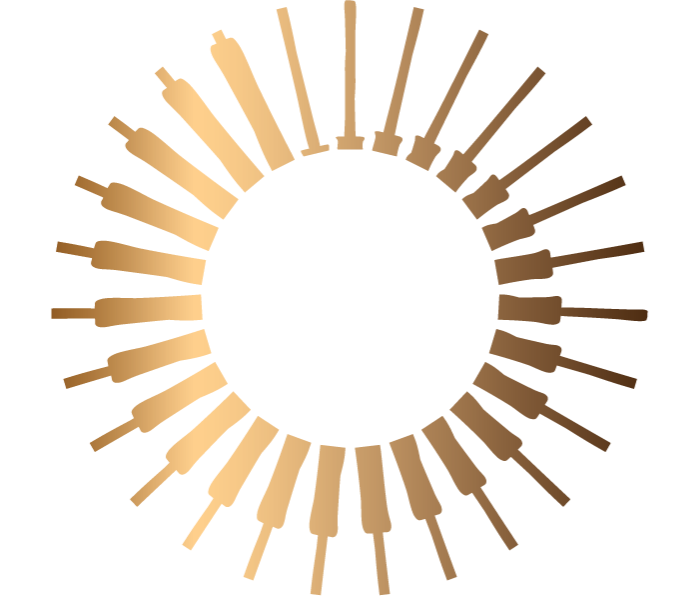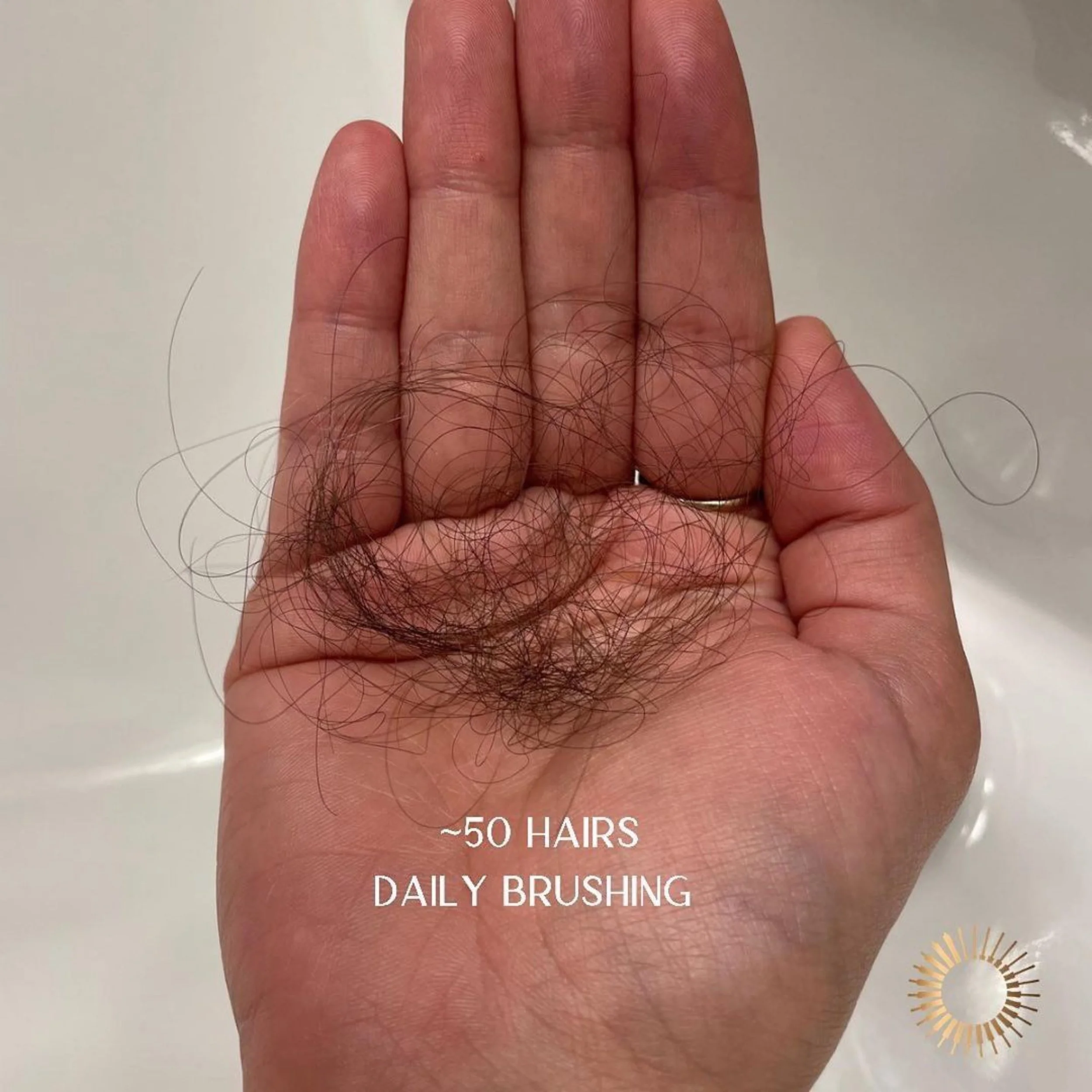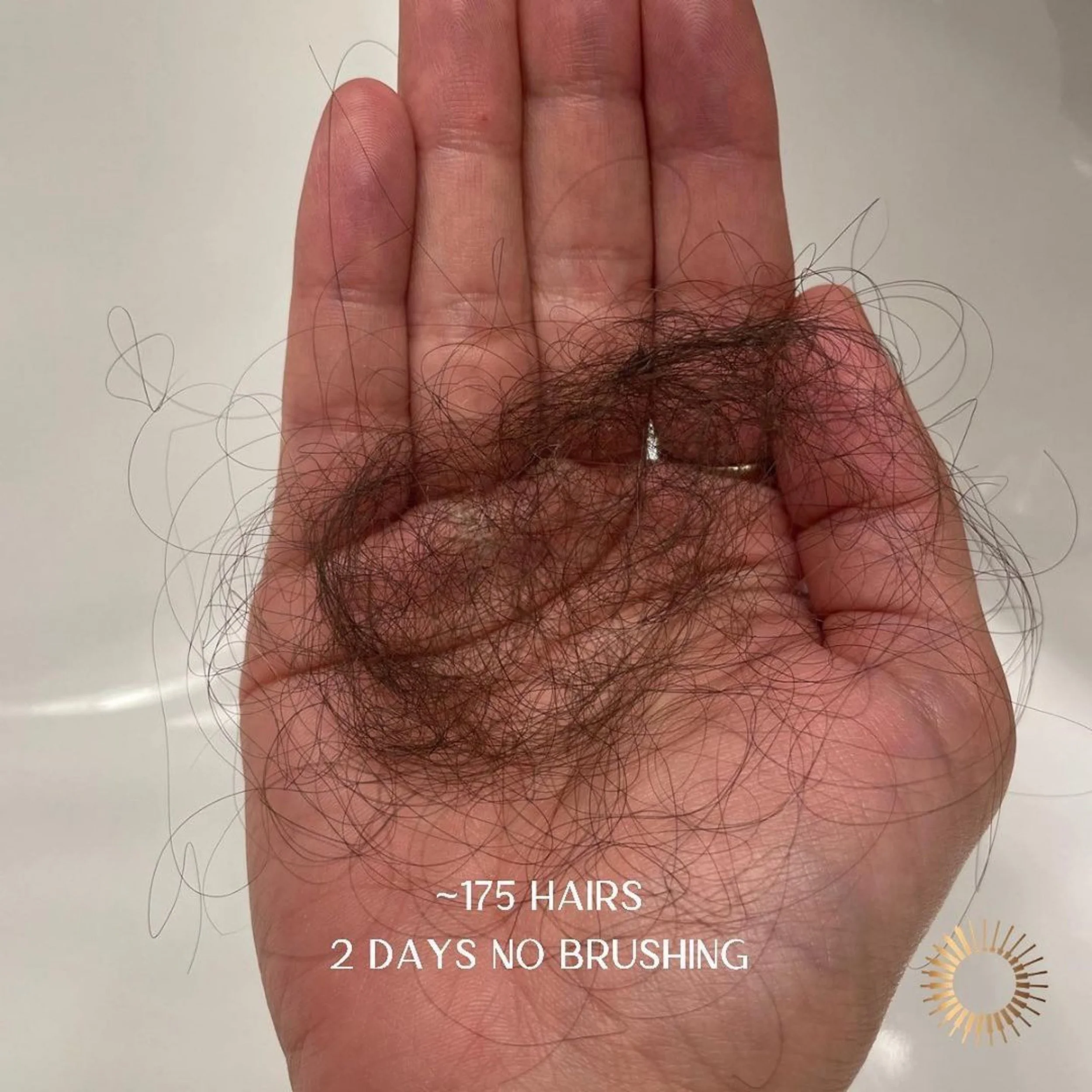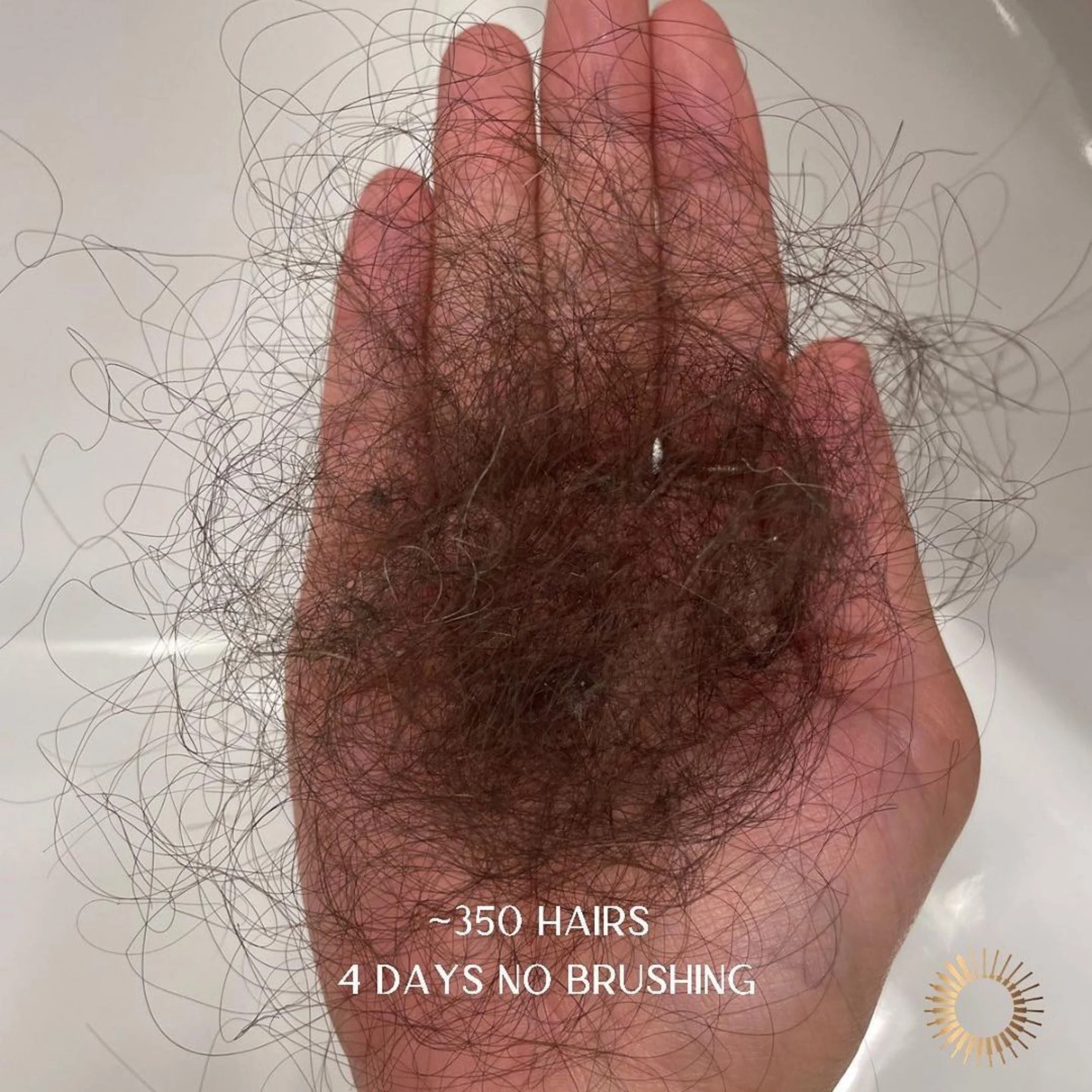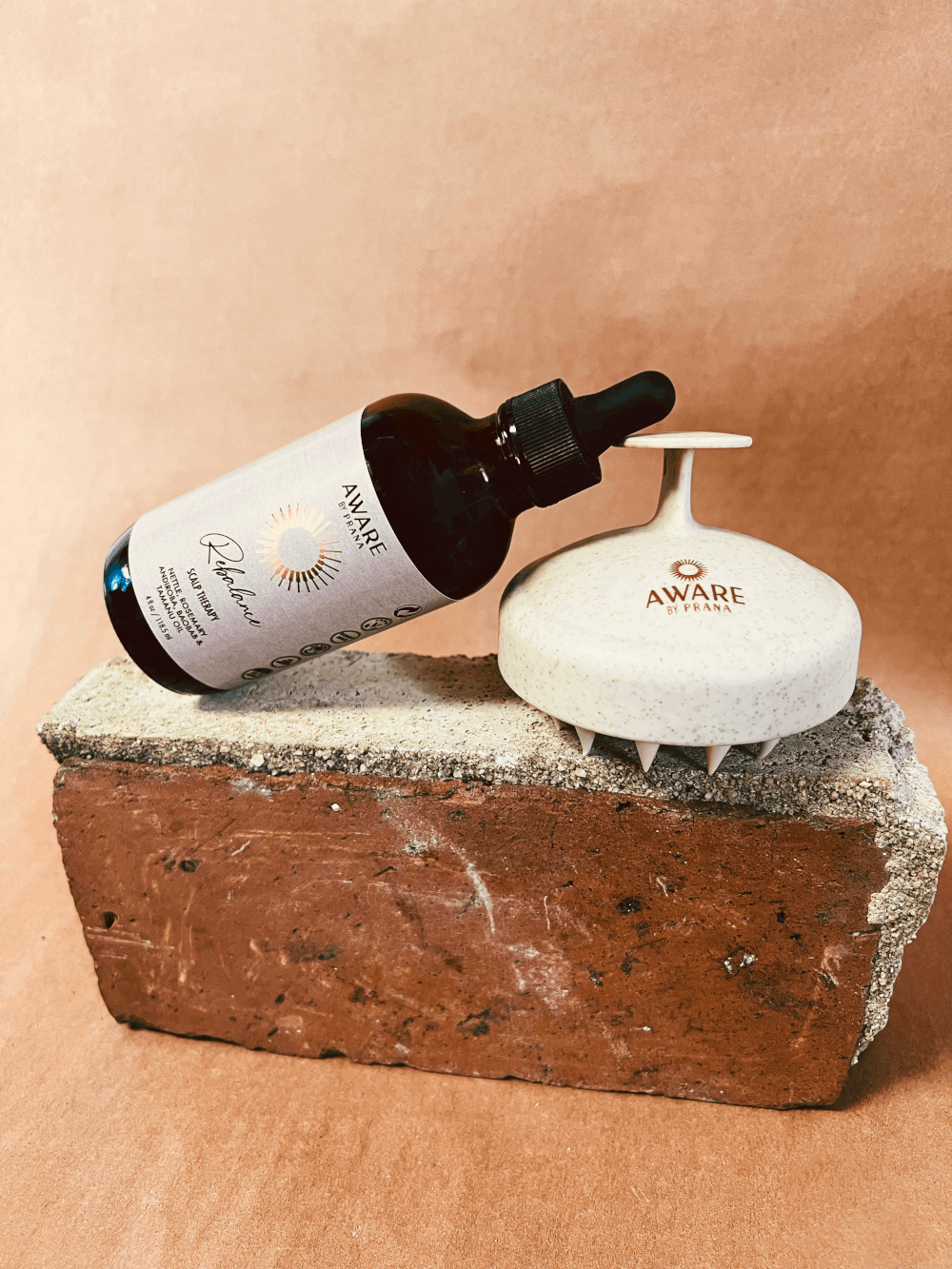Understanding Hair Shedding: What's Normal and When to Seek Help
One glance at your hairbrush can be a source of worry – those strands of hair that come off can make you wonder if something is wrong with your hair. Hair shedding is a natural process, and some degree of hair loss is normal. However, how do you know when that hair loss has become excessive? When do you need to seek help? This blog post will help you understand the different types of hair shedding and provide guidelines on when to talk to a trichologist about your hair loss concerns.
Types of hair shedding
To understand what is normal shedding versus abnormal hair loss, it’s important to know the types of hair loss. The hair on your scalp goes through a natural cycle of growth, rest, and shedding. Each hair strand has a life cycle that can range from two to six years. The hair grows actively for around three years and then goes into a resting phase lasting a few months. After the resting phase, the hair sheds and falls out, making way for a new hair strand.
Telogen effluvium (TE): This is a type of hair loss that happens when there are more hair strands in the resting phase (telogen phase) than usual. It can happen after childbirth, surgery, or a stressful event. This type of hair loss is usually temporary and lasts for a few months.
Androgenetic alopecia: This is the most common type of hair loss in both men and women. It’s a genetic condition that causes gradual thinning of the hair. It’s also known as male-pattern baldness or female-pattern baldness.
Alopecia areata: This is a type of hair loss that happens when the body’s immune system attacks the hair follicles, causing hair to fall out in patches.
Normal hair shedding
On average, we lose about 50 to 100 hairs a day. This is considered normal hair shedding. It’s also normal to notice more hair on your brush or in the shower during certain times of the year, such as in the fall, when the hair follicles transition from the growth phase to the resting phase. There's also temporary hair shedding during menopause, pregnancy, and breastfeeding related to hormonal changes.
When to seek help
If you notice more hair in your brush or on your pillow than usual, it’s worth paying attention to. Excessive hair loss could be a sign of an underlying health condition. If you have any of the following symptoms, it’s best to talk to a trichologist about your hair loss concerns:
• Hair falling out in clumps
• Bald spots or patches
• Sudden hair loss after chemotherapy or medication changes
• Itchy or scaly scalp
• Thinning of eyebrows or eyelashes
• Receding hairline or widening part
How can scalp practioner help
A scalp practioner can help evaluate your hair shedding and provide personalised advice on treatment options. They can conduct a hair and scalp analysis to identify any underlying causes of hair loss. They can then recommend a treatment plan, which may include hair growth products, medicated shampoos, supplements. A scalp practioner can also give you tips on hair care practices to promote healthy hair growth.
Tips to reduce hair shedding
While some hair shedding is a normal part of the hair growth cycle, there are some things you can do to reduce excessive hair loss:
• Use a gentle shampoo and conditioner to avoid stripping the strands of natural oils
• Add scalp oiling and brushing to your hair routine
• Avoid tight hairstyles, such as ponytails, buns or braids, that can pull on your hair
• Eat a well-balanced diet rich in vitamins and minerals that promote hair health
• Manage stress through meditation or exercise
Understanding the difference between normal hair shedding and potential hair loss is crucial in managing your worries about your hair. Embrace healthy hair care practices, like scalp oiling with our rebalance scalp oil, a balanced diet, and stress management to promote hair growth and reduce shedding.
If you have concerns or questions about your hair shedding, don't hesitate to seek advice from a hair loss professional. Taking care of your hair and addressing any issues promptly will help you maintain luscious locks and a healthy scalp.
Remember, a little shedding is natural, but keeping your hair happy and healthy is the key to beautiful locks!
Rebecca ❤️
